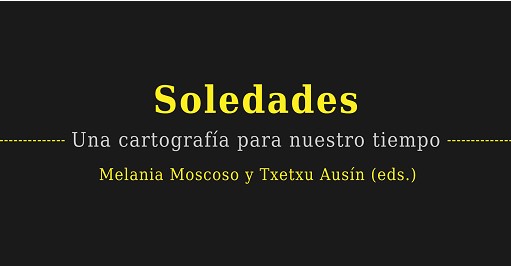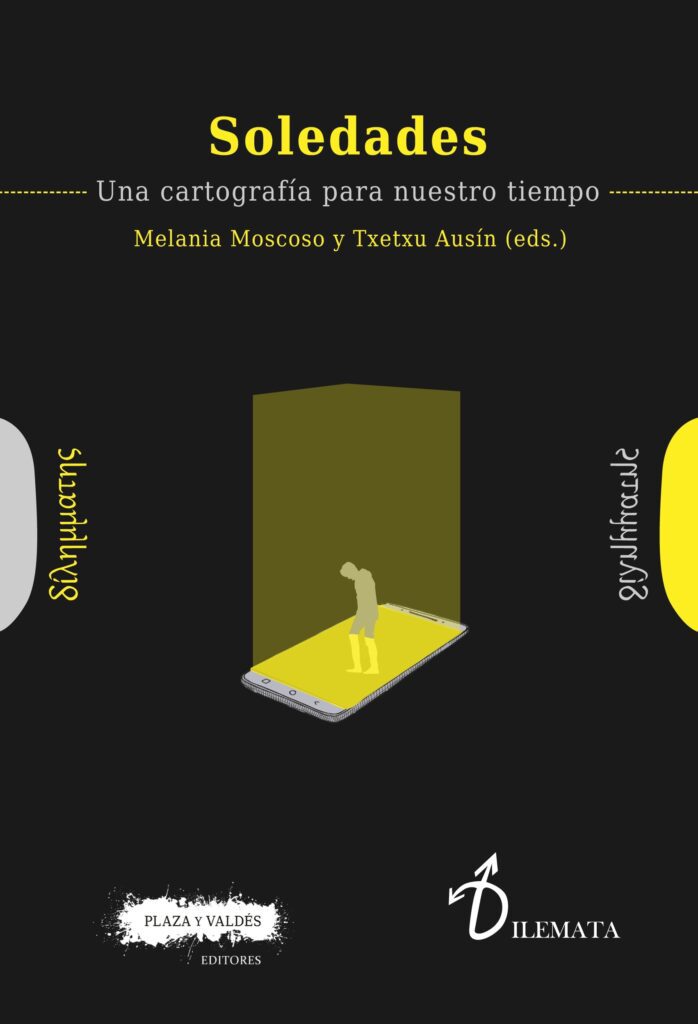
Book launch “Soledades: Una Cartografía para nuestro tiempo”
Included within our project zero Bakarzain: Unwanted loneliness and care, the book “Soledades: Una Cartografía para nuestro tiempo” by Melania Moscoso and Txetxu Ausín will be launched in BBK Kuna next Tuesday 25 January.
Loneliness has been defined as a silent pandemic which already affects one in four people in industrialised countries and has a negative impact on physical and mental health, and on the quality of life of the people who suffer from it. Enforced or unwanted loneliness is understood as being the subjective feeling of discrepancy between the social relations a person has, and those he/she would want to have. This unwanted loneliness consists of experiencing the lack of the quantity and quality of bonds with others (emotional detachment) and social isolation and the lack of social networks in the immediate environment, and causes grief, fear, anguish or sadness.
Although the feeling of loneliness is largely determined by biographical episodes such as the loss of a loved one, leaving the labour market, the breakup of a relationship with your partner, etc., life events that lead to the cliff edge of loneliness, this is not just a simple individual problem, but is derived from structural factors of the organisation of coexistence. This is why, we propose an analysis of this phenomenon based on three axes: (1) the rise of individualism and the decline of the networks of social and family support (disaffiliation); (2) the crisis in the provision of care in a context of growing inequality and precariousness; and (3) the ambivalent relationship of individuals with digital technologies. We explore whether the access to significant social relationships is a question of political justice given that unwanted loneliness is strongly conditioned by a series of social determinants, so that the inequalities in relation to loneliness are directly associated to patterns of social (dis)advantage which we analyse in the following fields: poverty, gender, culture, space, institutionalisation and functional diversity.

